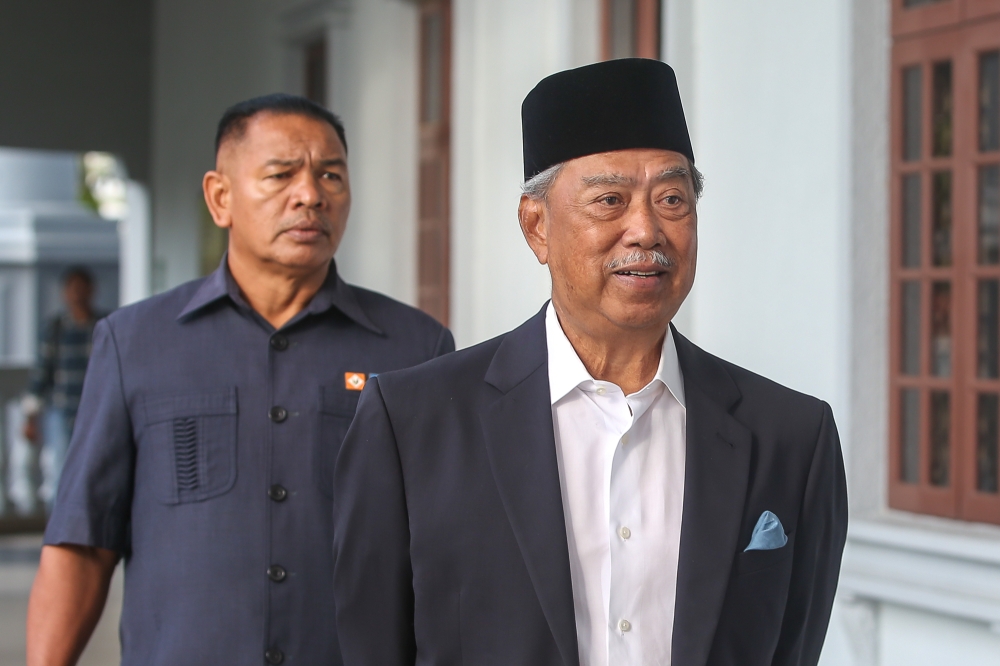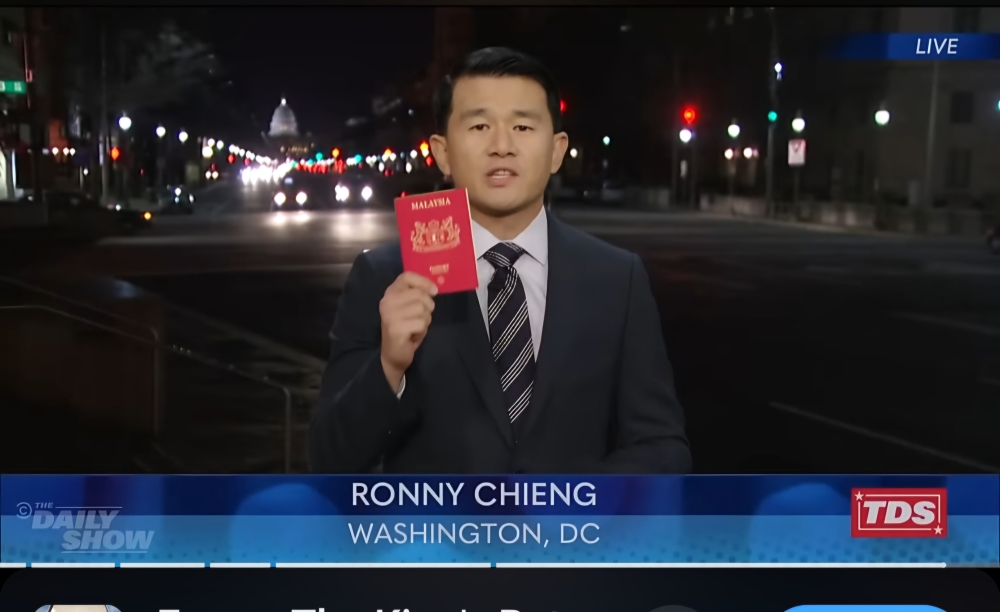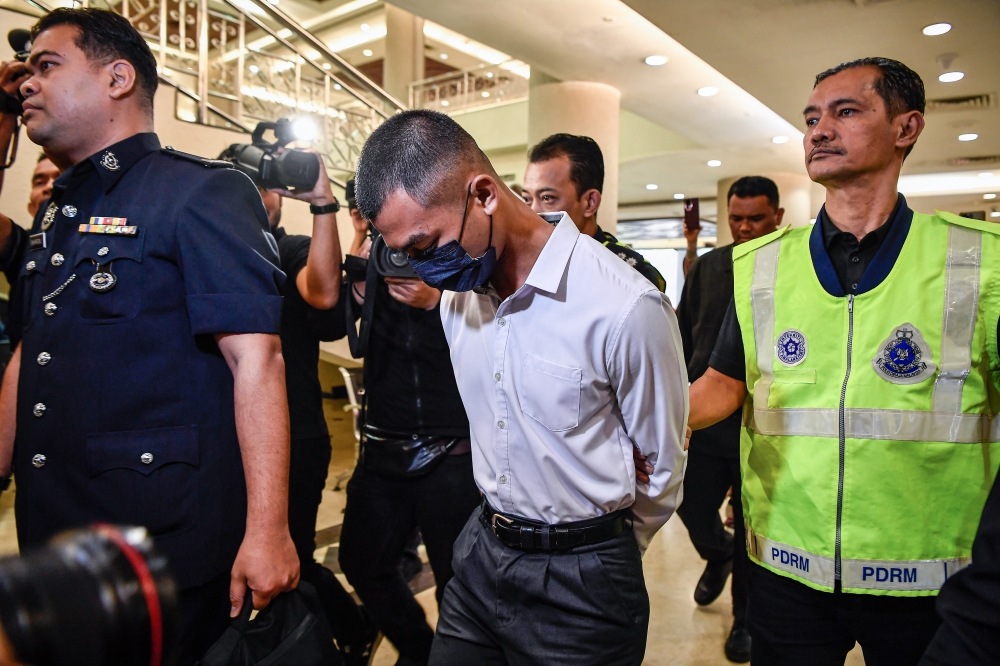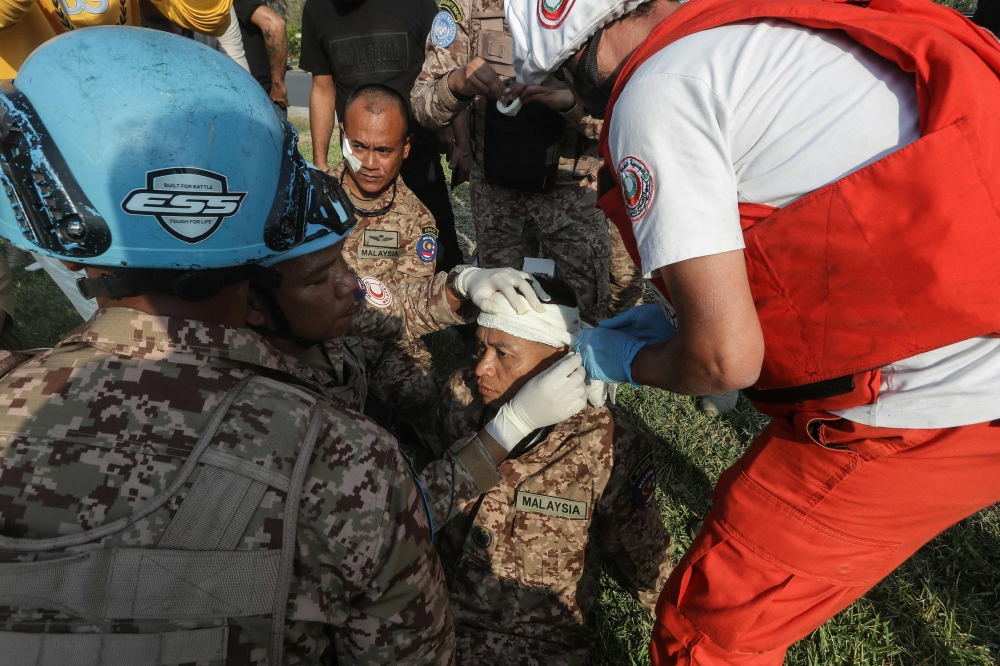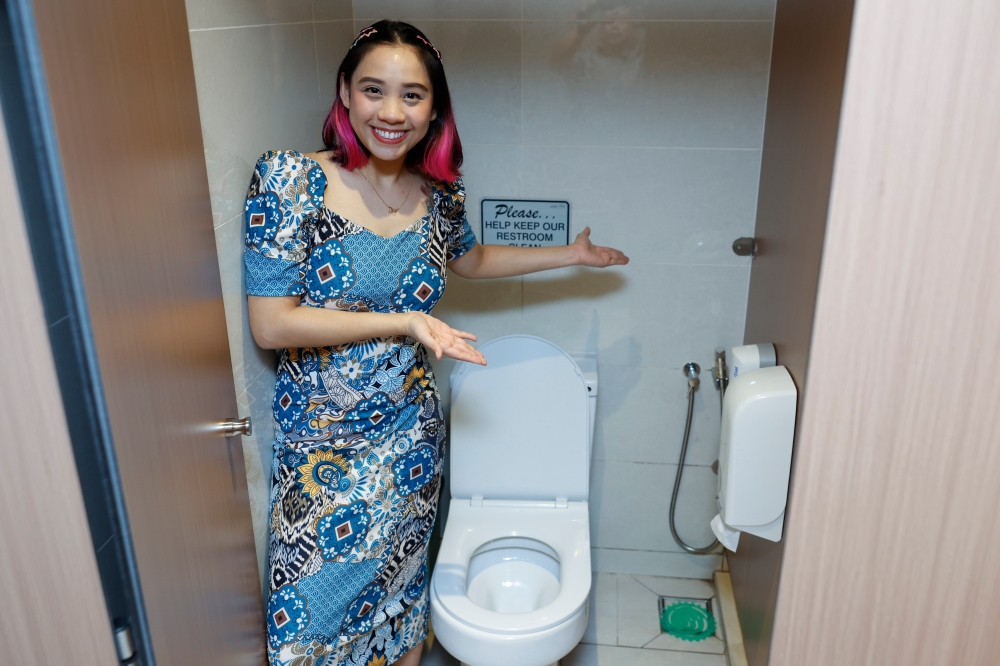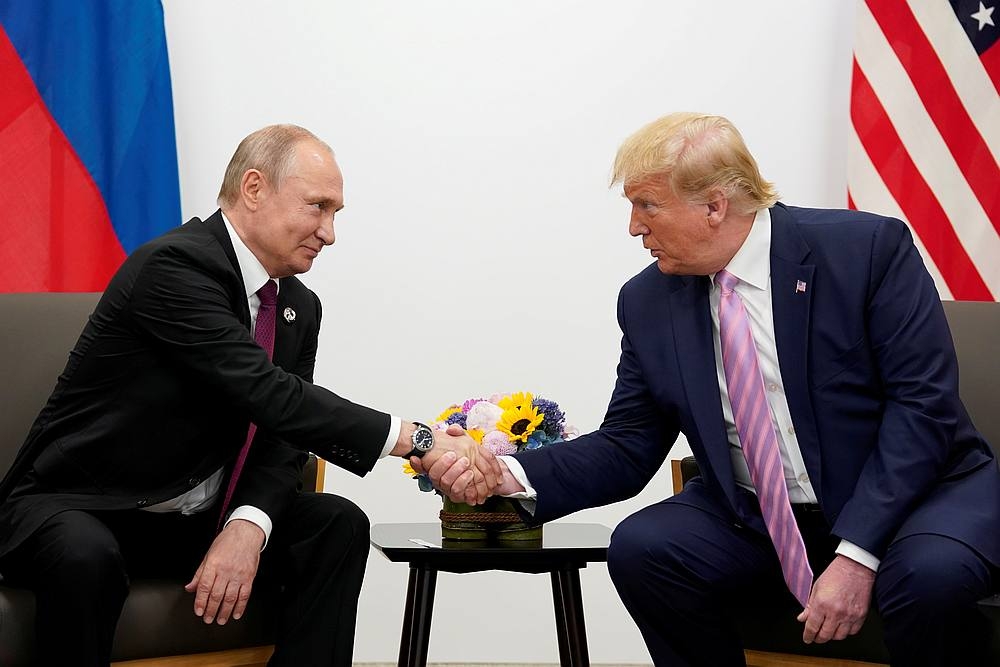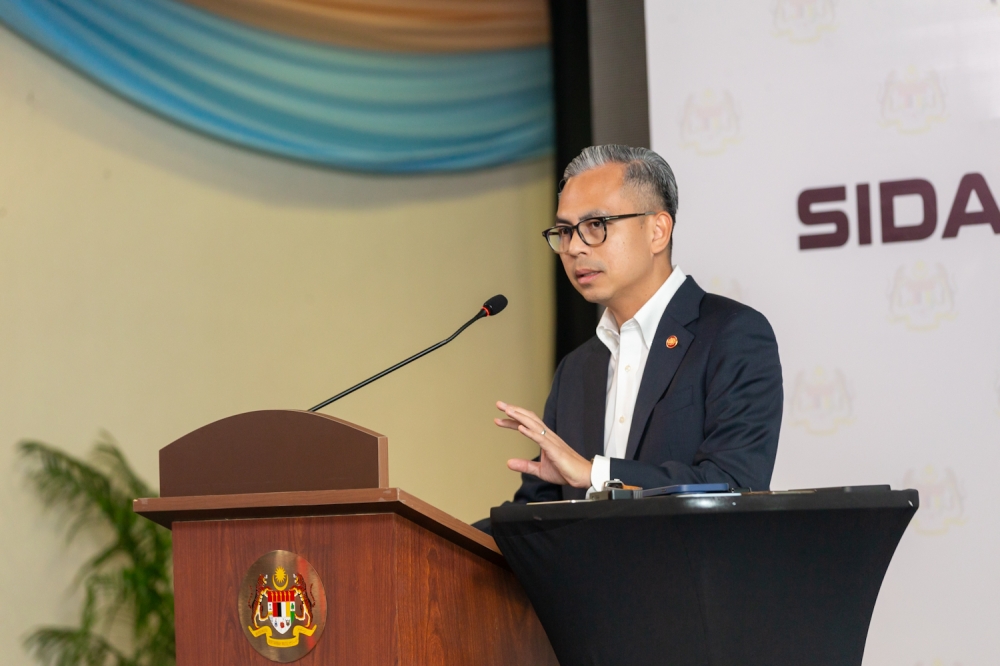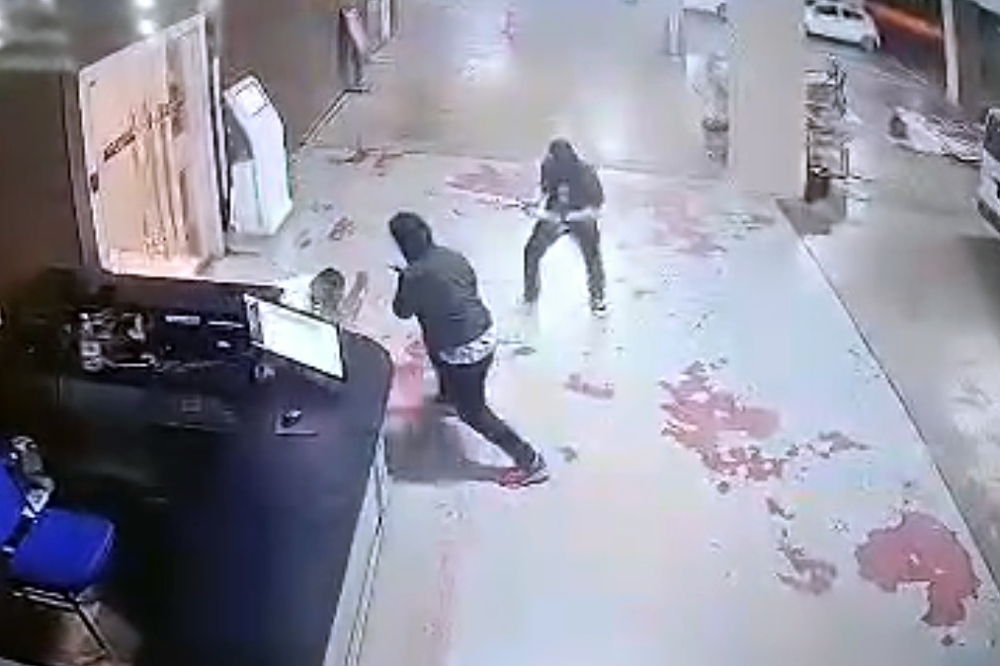JOHOR BARU, Jan 7 — Two officers from the Malaysian Quarantine and Inspection Services Department (Maqis) have been arrested by state graftbusters today in connection with the so-called “meat cartel” scandal.
The suspects, aged 27 and 31, were detained to assist in investigations at the Johor Malaysian Anti-Corruption Commission (MACC) office here at 11pm last night.
In a statement, the Johor MACC said the two suspects were arrested on suspicion of being involved in corrupt activities related to the issue of smuggling of frozen raw materials from a prohibited country.
Johor MACC director Datuk Azmi Alias confirmed the arrests, but declined to comment further as the case is currently under investigation.
“Both suspects will be brought to the Johor Baru Magistrate's Court this morning for a remand application,” he said.
It is understood that the suspects will be investigated under Section 17(b) of the MACC 2009 Act, which carries a fine of five times the amount of the bribe or RM10,000 whichever is higher, and imprisonment of not more than 20 years upon conviction.
Today is the first time that officers from a government department have been arrested in connection with the meat cartel probe.
Previously on December 22 last year, Maqis director-general Saiful Yazan Alwi reportedly denied any involvement from the department with the meat cartel and said it was cooperating with MACC in their investigations, following allegations that one of their senior officers was involved in the cartel.
On Monday, the Johor MACC arrested four people in connection with the meat cartel scandal. The suspects, aged between 30 and 50, comprise two directors and an employee of an importing company, and a director of another importing company.
It was reported late last year that the cartel’s activities involved smuggling frozen meat into the country from slaughterhouses that do not have the required Malaysian Islamic Development Department (Jakim) halal certification by a syndicate.
The syndicate is also said to have offered bribes to some government employees, including senior officials of certain agencies as an inducement to pass inspections at the country’s entry points.





